

Both are about how people can easily lose their moral compass, how easy it is for people to cross the line from "good" to "bad".


Both are about how people can easily lose their moral compass, how easy it is for people to cross the line from "good" to "bad".
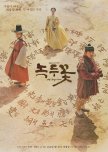
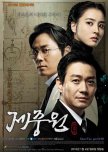
Both drama set during the late Joseon period, with the threat of Japanese occupation looming on the horizon. They also deal with how Joseon, with its class-based system, failed its people.


Both deal with how the Internet is used and misused. Both have a female lead who is good at her job and unapologetic about their methods.


Both are about a rookie learning the ropes in her new job and sometimes bringing fresh perspective that a more experienced veteran wouldn't have thought of. The main difference is that Juhan Shuttai's Kokoro is naive but not stupid, while Channel wa Sonomama's Hanako lacks common sense, bordering on stupid.


Dramas about grown women with interest that seems trivial and unseemly to most people. In Tokusatsu Gagaga the main character is a great fan of tokusatsu shows, while in Kuragehime the female lead is a jellyfish nerd.
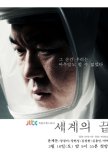

Both feature zombies, obviously, but they also show that, apart from a few heroic figures, bureaucracy and figures of authority are more interested in saving their ass*s and holding onto their power, instead of really tackling the "zombie problem" at hand.

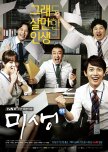
Office life as existential horror. Office is a thriller and bleaker in its outlook, while Incomplete Life is a slice of life with more optimistic bent.

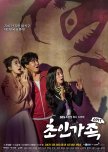
Both are about the dreariness of working life (amongst other things), told in a humoruous way. Both are quite entertaining, despite the low production value compared to prime-time Kdramas.

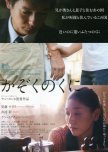
They're both about the experience of ethnic Koreans living in Japan. Go is essentially a coming-of-age movie, while Our Homeland is more of a family drama.
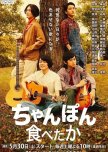
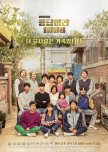
Both are about a young adult's coming of age during tumultous years in their country's history. The nostalgic vibe is strong in both dramas.

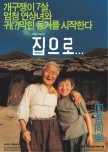
Coming of age tale of a city boy who ended up living in the countryside, not entirely out of their own volition.


 2
2 29
29 1
1






















